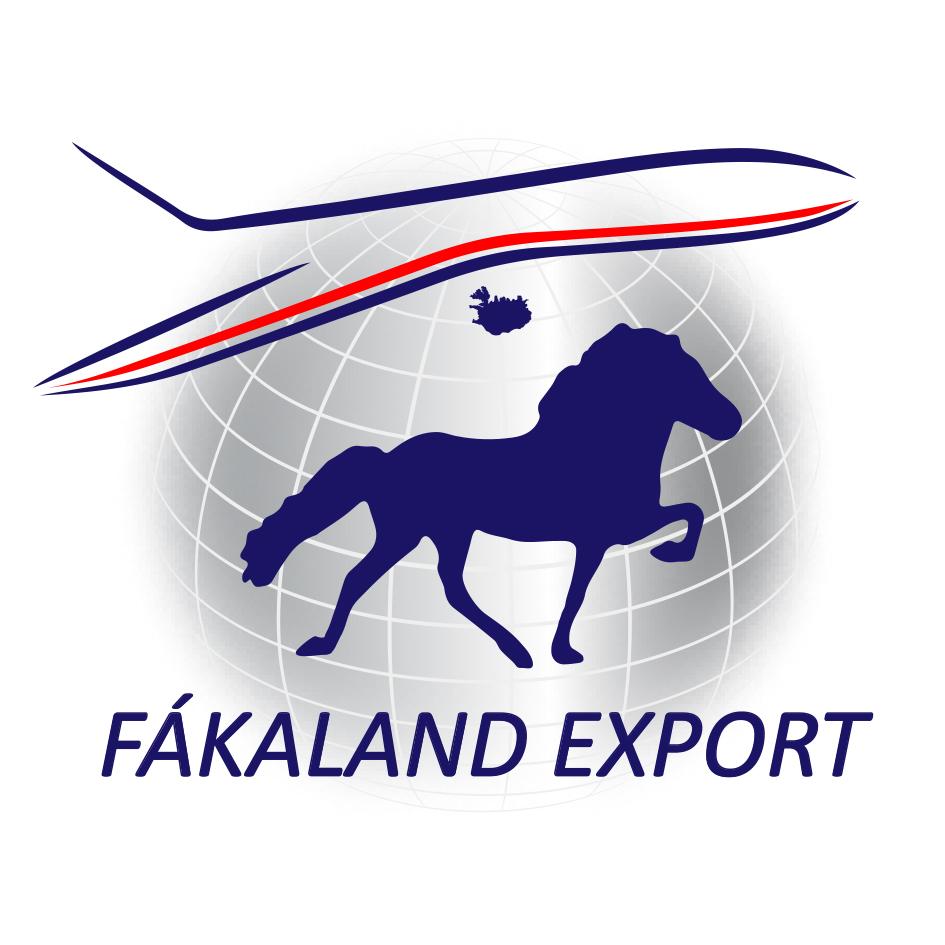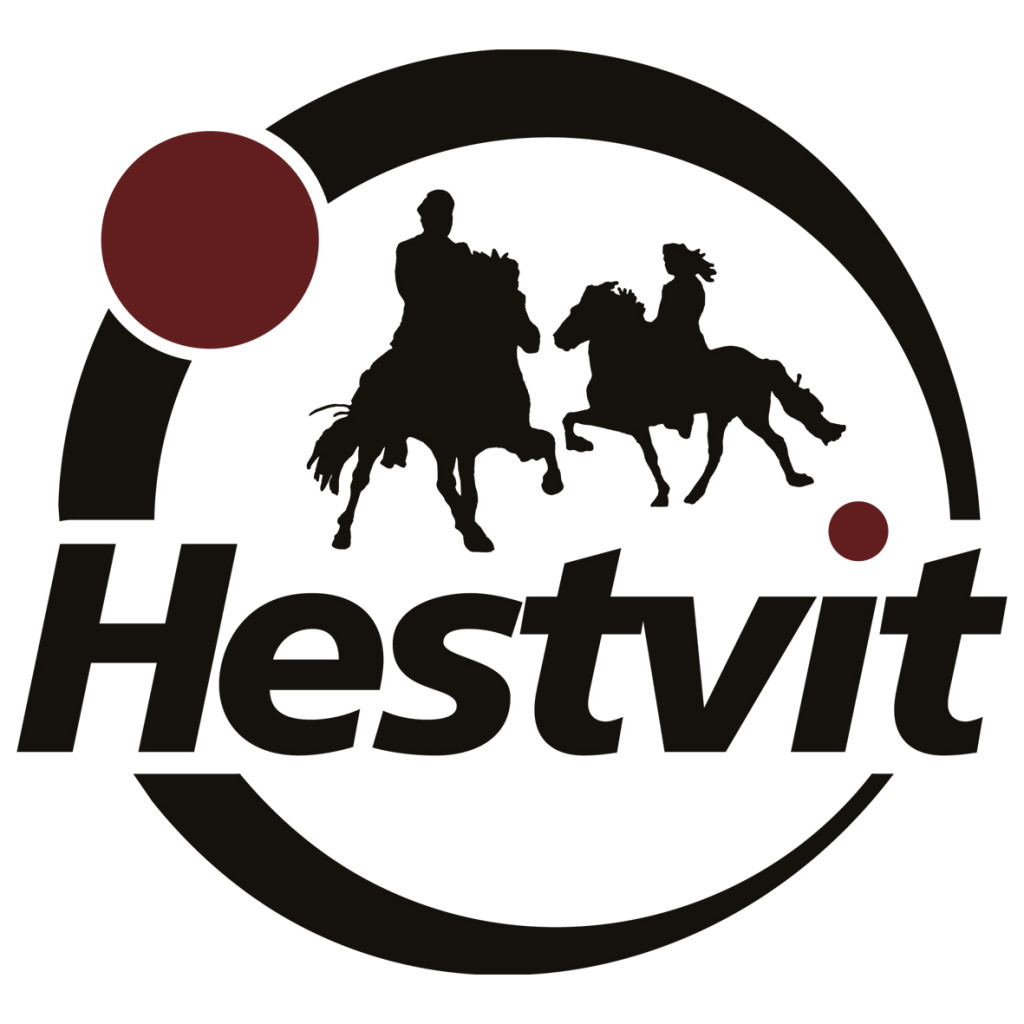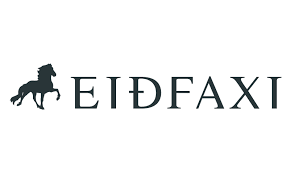The shaping factors of nature
The horses of Iceland have been shaped by the nature of their country. Iceland is an active volcanic island, which contributes to a soil rich with minerals as well as quite a unique vegetation that also has adapted to the intense seasons.
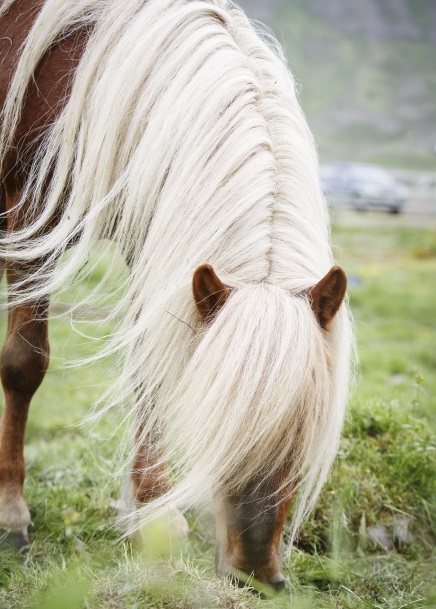
Quality nutrition
Studies have shown that the quality of hay made in Iceland often is very high nowadays. Before the technology of plastic wrapped haylage bales, this was not always the case since the summer weather can be quite unpredictable. But with the option of safe storing of the feed, the true quality of the grass is preserved and proves to be ideal nutrition for the horses.
adapted to harsh climate
Winters in Iceland can be long, but due to the warm Gulf stream, which encircles Iceland, they are much milder than the geographical location might suggest. Still, the weather can be quite extreme, and the horses are well adapted to this harsh climate, with their thick double-layered winter coat. Another important factor is their ability to store fat, accumulated through the summer, which serves as an insulation and also as an energy reverse less and less food being available as the winter progresses.
couragous but calm
In Iceland, horses are actually the only domesticated animal that is kept outdoors all year round, today still. If they graze where the land is good and they can seek shelter from the worst spells of winter weather, either in natural or manmade shelters, they might not need any extra feeding at all and still be fat and healthy by spring. The Icelandic terrain is vast and rugged, and the horses learn from early on how to move easily on the uneven ground, cope with mountains and crags, and cross rivers. This makes the horses both genuine and powerful. Many continental riders find that horses raised in Iceland have special qualities, due to their natural upbringing with minimum human interference. Courage, curiosity, self-reliance and calm – these are the shaping factors of nature.
mountain grazing and roundups
In North Iceland, large herds of horses are released into secluded mountain valleys, so-called afréttur, in the summer. For three months they graze on wild grass and herbs and enjoy their freedom in the wild. The purpose of this practice is not only to spare the fields near the farms, but also to further the development of the horses. It has been found that roaming freely with the herd has a positive effect on the mental development of foals and young horses. They become stronger characters through learning to fend for themselves.
In in late September or early October, the farmers ride towards the mountains to search for, gather and collect their horses. This is called leitir og réttir – or roundups (stóðréttir for horses and fjárréttir for sheep). It sometimes takes many days to find all the horses and bring them home. On the last day, the herd is taken to a large circular pen, called rétt (which is where the name comes from), where the horses are sorted and reunited with their owners. The pen has compartments that belong to the different farms to which the horses belong.
Around 20 horse roundups are held in North Iceland on a weekend in September and October; the exact date is advertised some time in advance in the farmers’ newspaper, bbl.is. These events have become a major tourist attraction for Icelanders and foreigners alike. The largest and most famous roundup, Laufskálaréttir in Skagafjörður, has about 500 horses and 2000–3000 people!
It’s fascinating to watch hundreds of loose horses run down the mountain and the lively sorting procedure, listen to the farmers sing harmonies and soak up the authentic Icelandic horse culture and country atmosphere. It’s a proper farming festival! Visitors with riding experience can book tours to help the farmers search for and gather the horses. It’s the adventure of a lifetime and, to the farmers, the highlight of the season. Read more here.
-
In Iceland
The Icelandic horse is the manifestation of Icelandic nature; authentic, pure, powerful and free. Read more -
Riding the Icelandic horse
The Icelandic horse provides riders with an intimate link to nature. Read more -
Tack & Equipment
Icelandic horses are usually ridden with tack designed specially for the breed. Read more





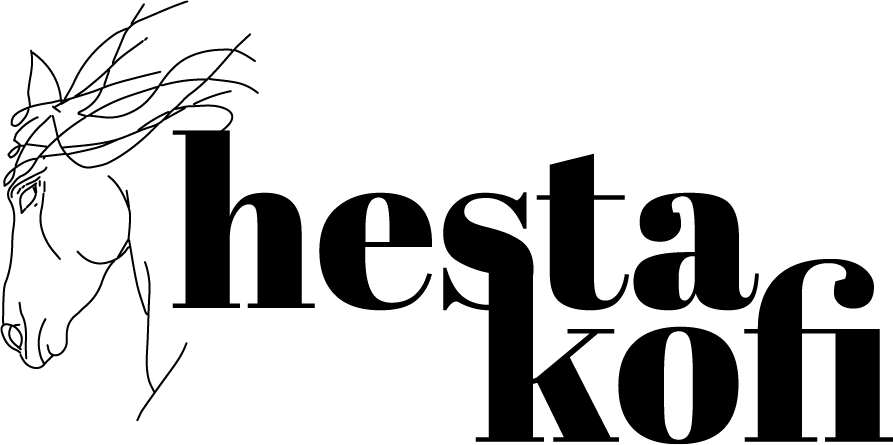
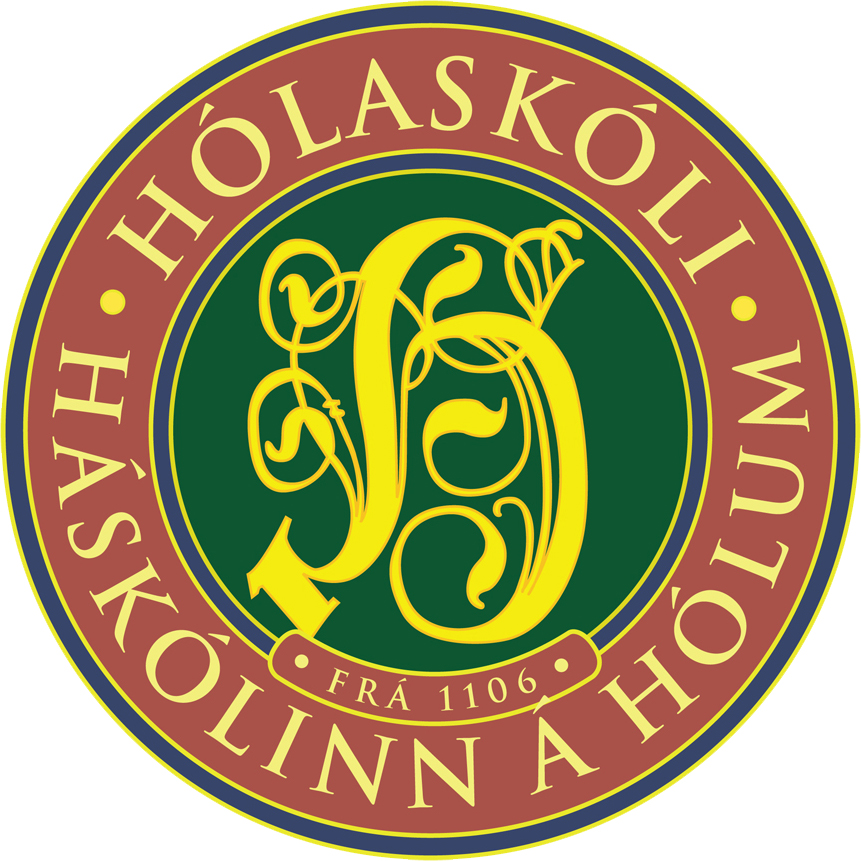



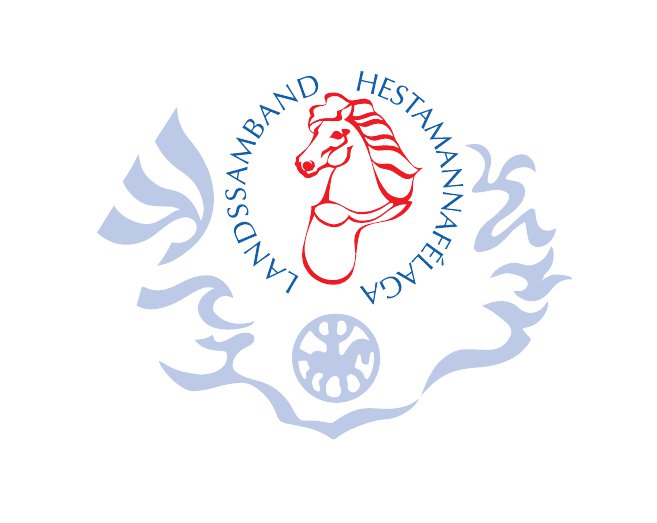

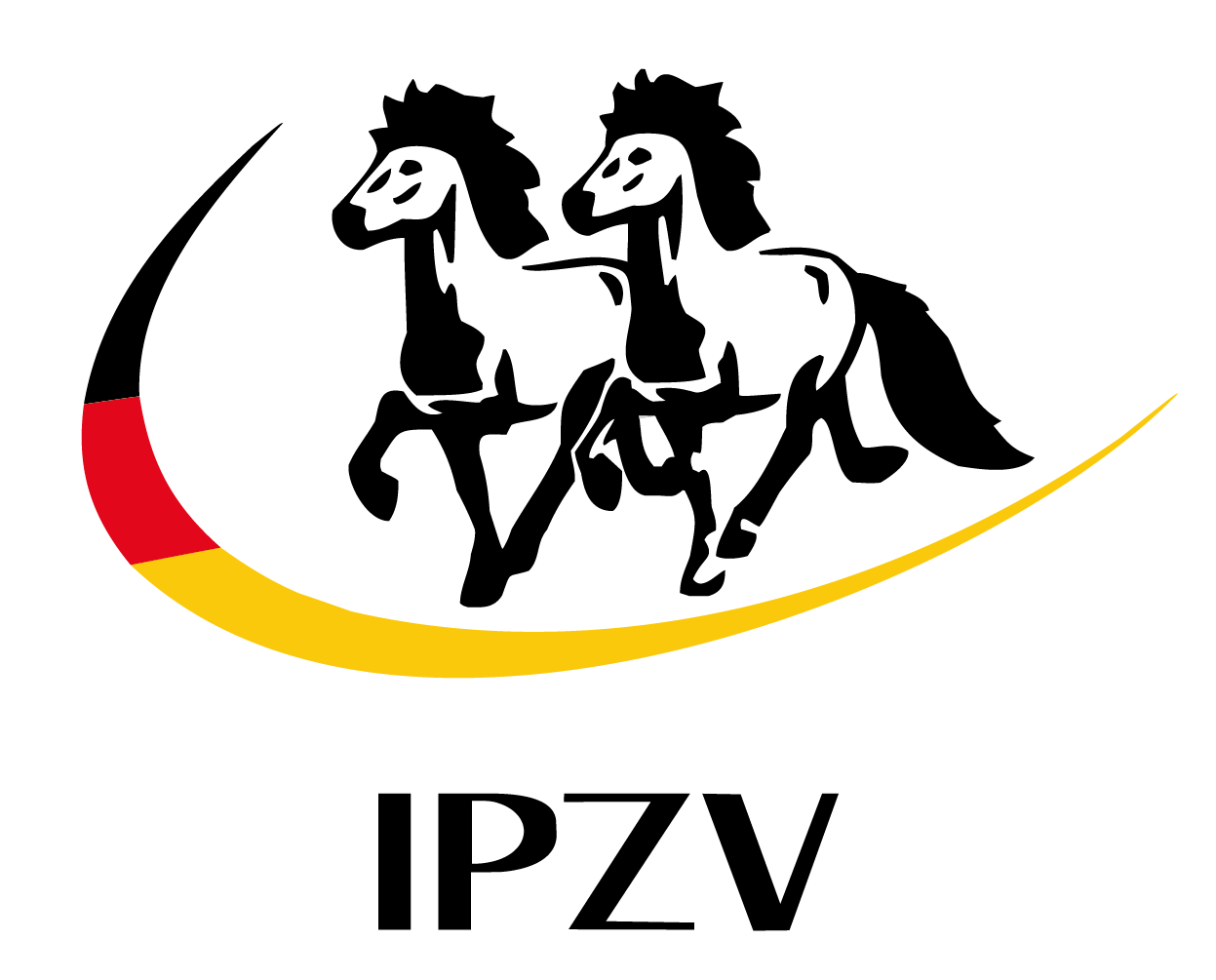


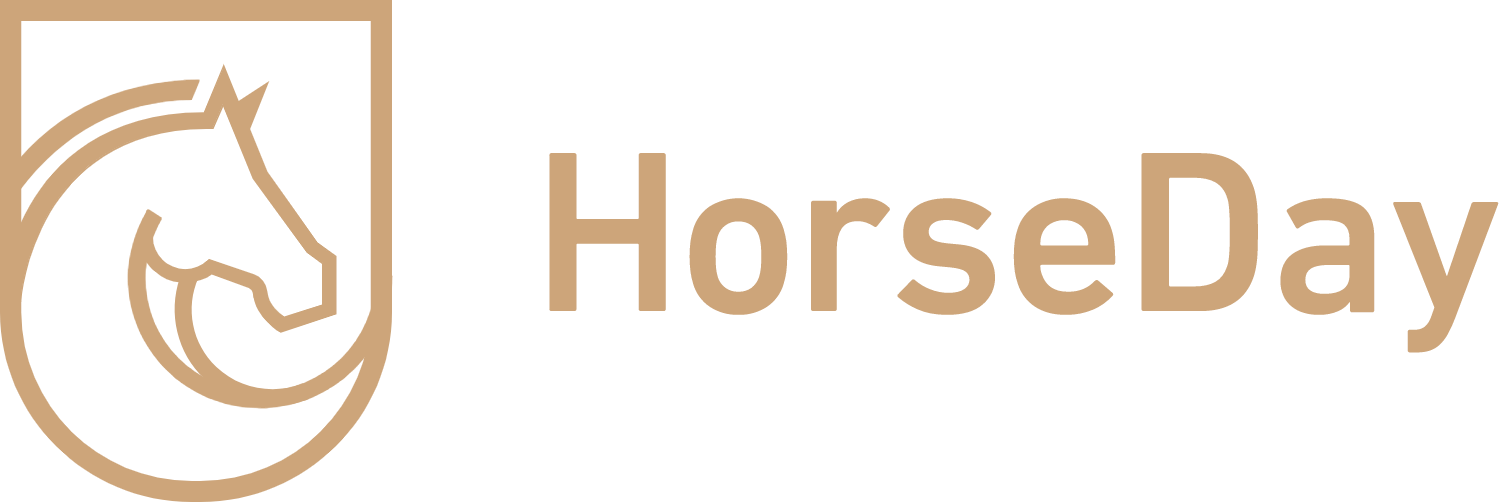
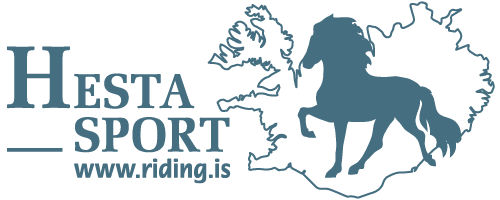


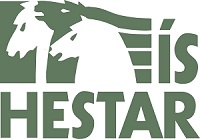

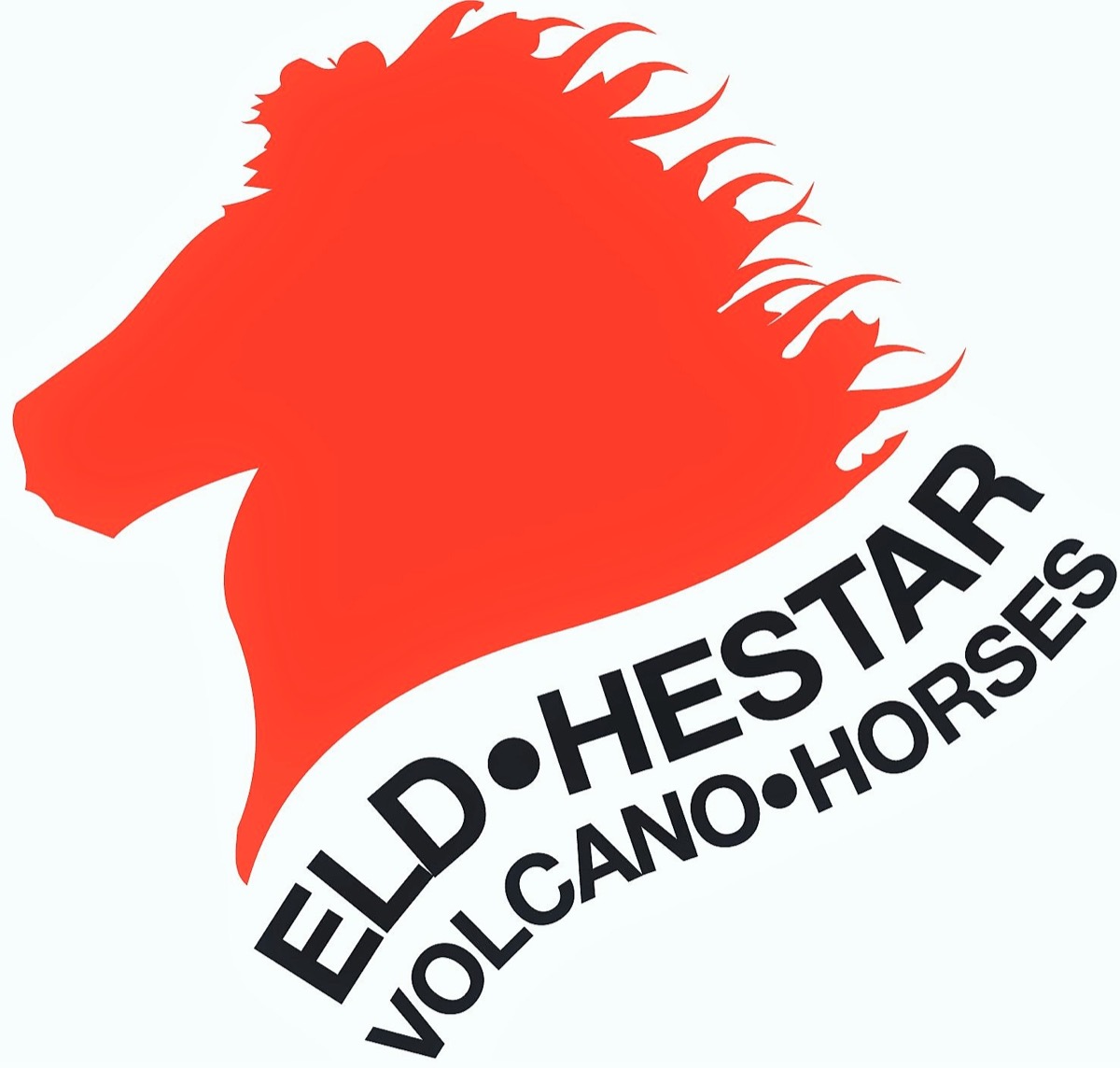
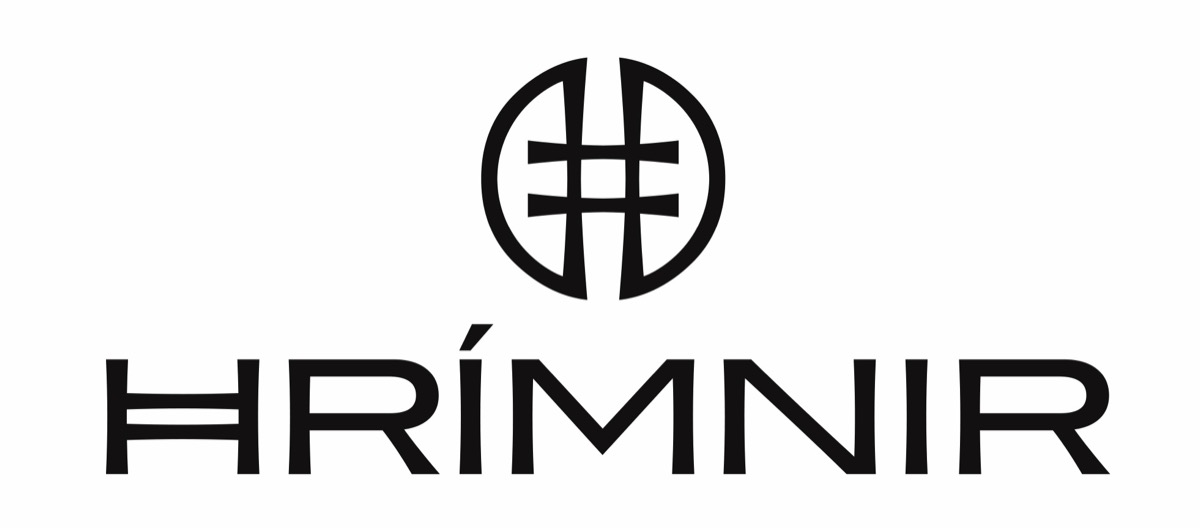

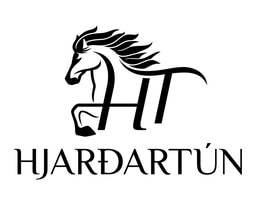
-1.jpg)
